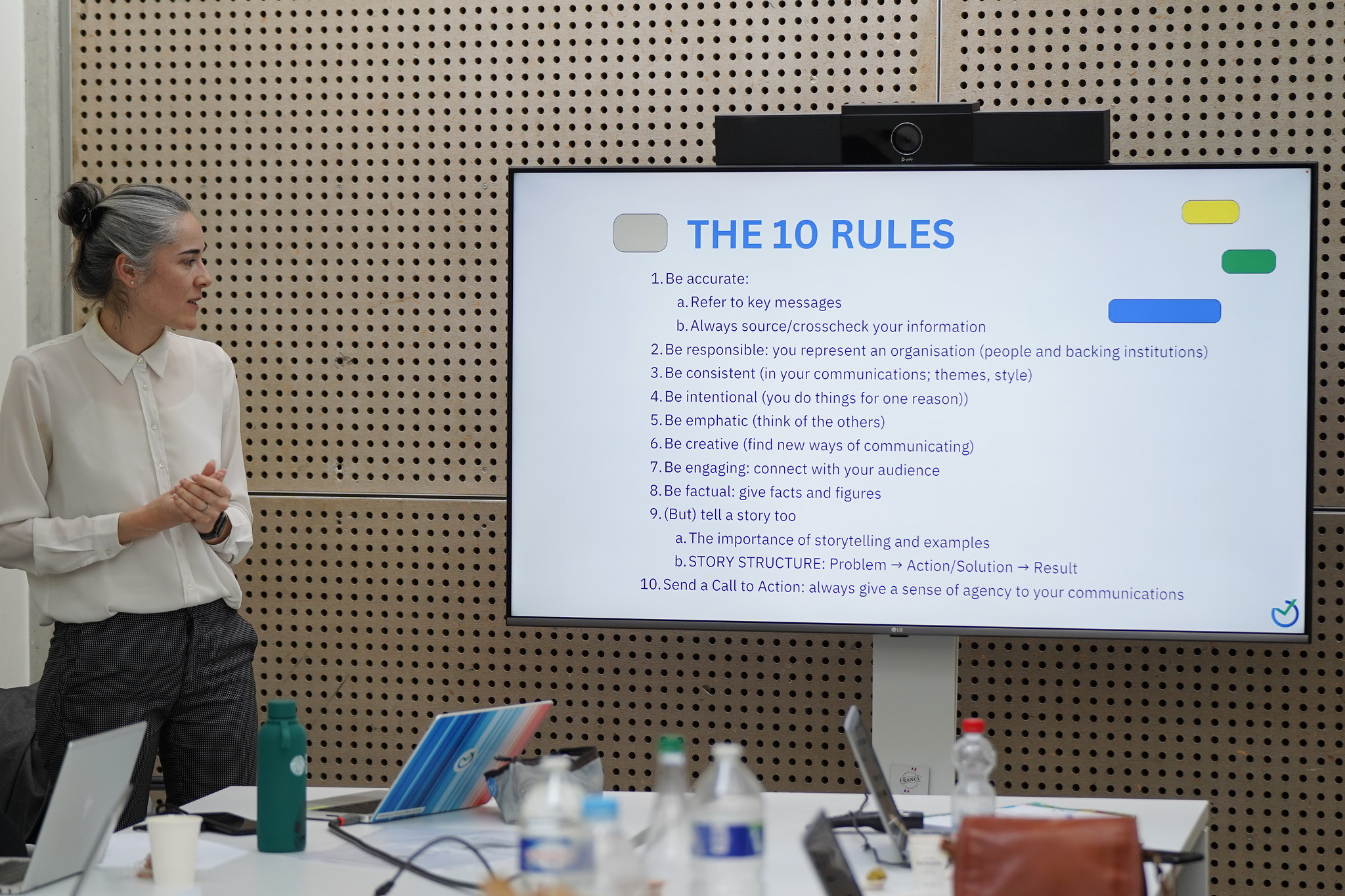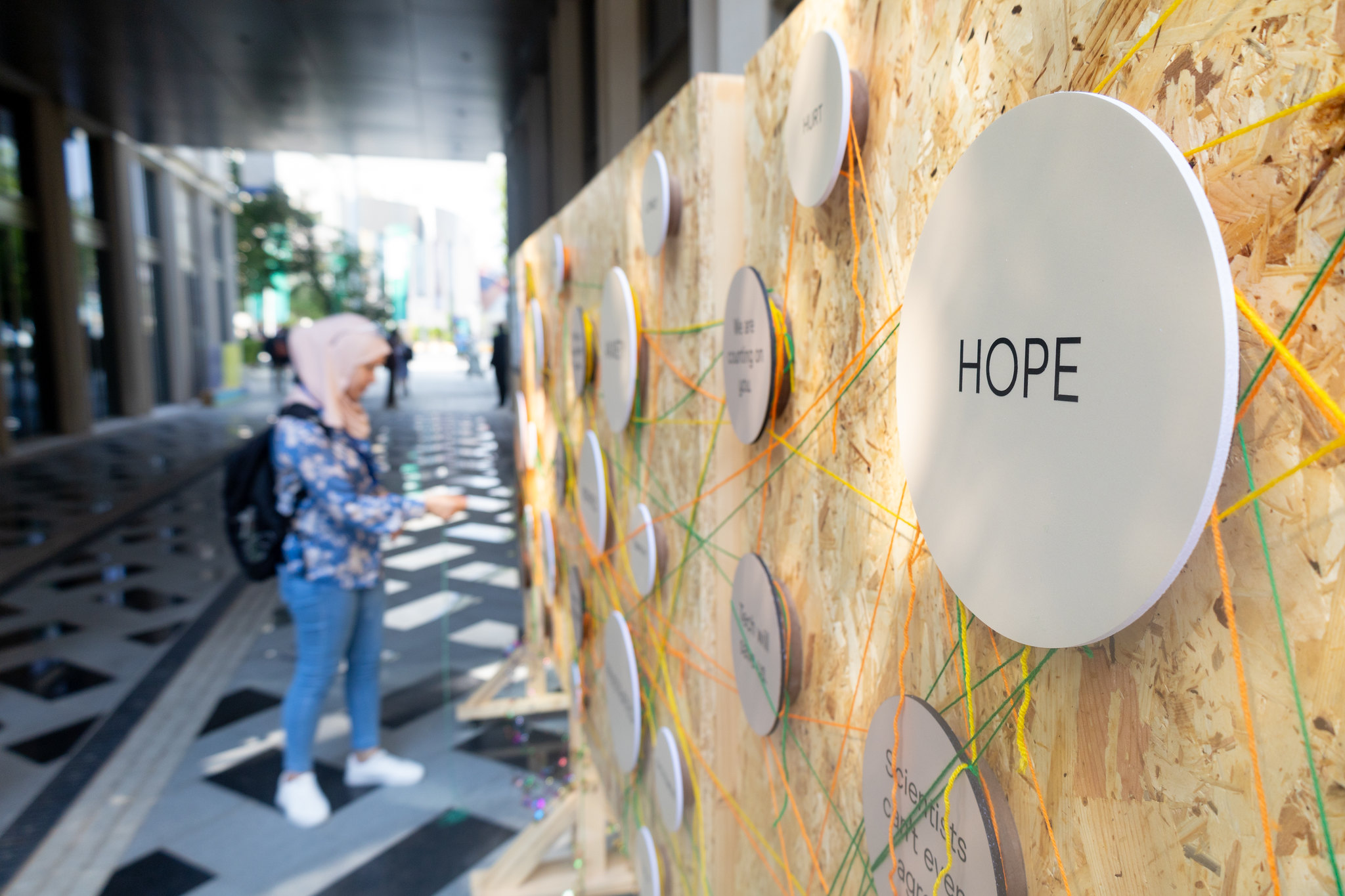What is greenwashing, purposewashing, pinkwashing and rainbow-washing?
As the world prepares for COP30 in Belém, Brazil , a milestone moment expected to accelerate global climate action, the pressure on governments, companies and organisations to communicate their sustainability commitments with integrity has never been greater. In this decisive decade, trust and transparency are not just communication goals, but essential tools to bridge ambition and action.
Yet, in the race to appear responsible, some actors fall into misleading practices known as greenwashing, purposewashing, pinkwashing and rainbow-washing. These distort reality and mislead consumers, undermining genuine progress. In this article, we explore what these practices mean and why honesty must be at the heart of every sustainability strategy and communication effort.
Greenwashing: the false appearance of sustainability
Greenwashing involves the deceptive use of marketing tactics to make a company appear more environmentally friendly than it really is. This can include exaggerated claims about the sustainability of products, the use of images of nature with no connection to actual products, or the omission of important information about the environmental impacts of the company’s operations. Greenwashing undermines consumer confidence and distorts perceptions of sustainability, making it difficult for consumers to make informed choices.
Purposewashing: the cynical use of social responsibility
Purposewashing is similar to greenwashing, but focuses on the misleading use of corporate social responsibility to enhance a company’s image. This can include advertising campaigns that highlight a company’s philanthropic initiatives without addressing its unethical business practices or its negative impact on society. Purposewashing misrepresents a company’s true purpose and commitment to social responsibility, leading to distrust and disillusionment among consumers.
Pinkwashing and rainbow-washing: exploring social causes for personal gain
Pinkwashing and rainbow-washing are ways of exploiting social causes such as breast cancer and LGBTQ+ rights respectively, for profit or to enhance brand image. These practices may include the use of symbols and messages related to these causes without a genuine commitment to social change or concrete action. Pinkwashing and rainbow-washing trivialise and exploit the real struggles of these communities, undermining the authenticity and impact of true solidarity efforts.
The importance of communication and strategy based on honesty and sustainability

With audiences increasingly alert to empty promises, honest and transparent communication has become a decisive factor for credibility. Companies and organisations must express their sustainability and equity commitments clearly and authentically, avoiding misleading practices such as greenwashing, purposewashing, pinkwashing and rainbow-washing. By communicating with integrity, they can build consumer trust and loyalty, establishing a solid foundation for lasting and meaningful relationships with their customers and communities.
Beyond communication itself, it is essential to develop a marketing and sustainability strategy grounded in honesty. This means identifying and transparently sharing the company’s values and commitments, proactively addressing any negative impacts on the environment and society, and embracing continuous improvement and accountability. Through this approach, companies and organisations can strengthen their reputation as credible sustainability leaders and contribute meaningfully to a more just, equitable and sustainable future.
For those looking to dive deeper into sustainability communication, marketing and event strategy, 10 Billion Solutions’ Academy offers a range of resources and insights, from creativity in event organization to strategic guides for authentic climate storytelling. If you prefer a more tailored approach, our micro-consulting services can help your team design communication strategies that are both credible and impactful.





